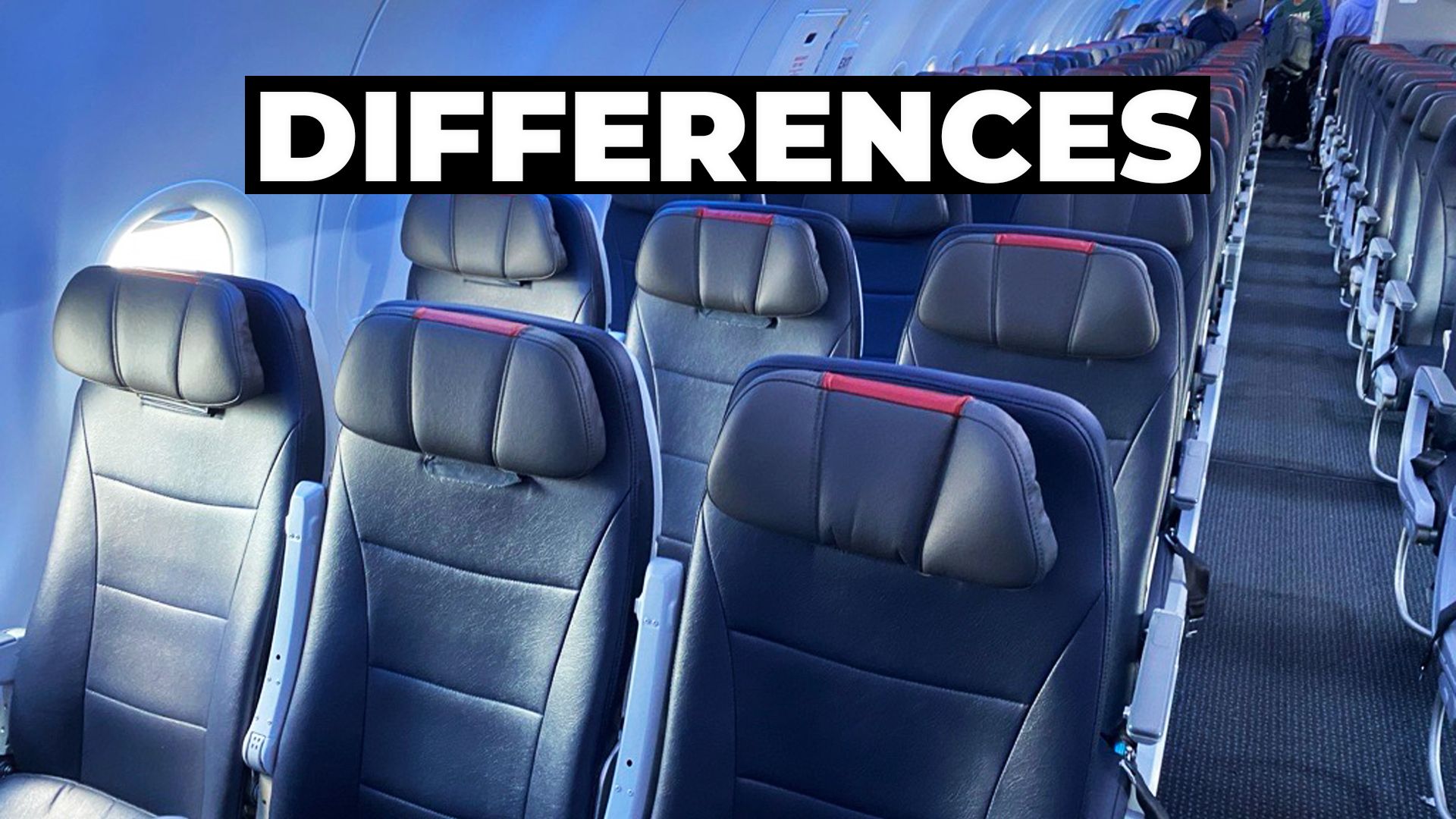Airlines have introduced a new ticketing structure that has transformed the way passengers experience economy travel. The basic economy fare class, first launched by Delta Air Lines in March 2012, has gained traction as airlines seek to compete with low-cost carriers. This fare type not only offers lower prices but also introduces significant restrictions, leading to confusion among travelers about its benefits compared to traditional economy tickets.
The basic economy ticket is not a separate cabin; instead, it represents the lowest fare option within the economy class. While all basic economy tickets are economy seats, not all economy tickets fall into this category. This distinction has drawn in various airlines, including United, American, and several international carriers like KLM and Air France, which have adopted similar fare structures.
Understanding Basic Economy Restrictions
The restrictions associated with basic economy tickets vary between airlines. At Delta Air Lines, for instance, passengers cannot select seats in advance, board in the last group, and do not accrue frequent flyer miles. Similar conditions apply to basic economy travelers with United Airlines, who also face limitations on seat selection and checked baggage. In contrast, passengers flying with American Airlines can check a bag but still board last and face restrictions on changing their tickets.
This fare structure reflects airlines’ strategies to offer competitive pricing while maintaining revenue. The introduction of basic economy fares allows airlines to fill seats that may otherwise remain vacant, especially on routes facing competition from budget airlines like Spirit Airlines.
Business Impact and Future Trends
Airlines assert that basic economy fares enable them to compete effectively against low-cost carriers. While this may be true, legacy airlines have often kept their prices higher than ultra-low-cost competitors, leading to a situation where fares remain similar, but with increased restrictions. This dynamic creates opportunities for airlines to upsell other fare options, driving additional revenue.
The focus on price segmentation allows airlines to tailor offerings to different passenger needs. Basic economy fares may initially seem attractive due to their lower prices, but they can become costlier when changes are necessary, as passengers often face the need to purchase new tickets without refunds.
Recent trends indicate that airlines are also exploring basic fare options for business class. In 2019, Emirates introduced “Special” business class fares on select routes. Delta and United Airlines have hinted at similar offerings, which would further segment their pricing strategies.
As airlines continue to evolve their fare structures, the landscape of air travel is shifting. While basic economy fares have gained popularity among travelers looking for budget-friendly options, they have also raised questions about the overall passenger experience. The challenge for airlines remains in balancing affordability with the comfort and flexibility demanded by today’s travelers.






